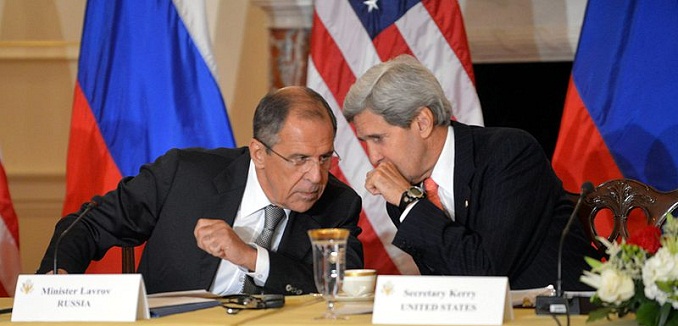A leaked United Nations report, likely set for publication on Monday, piles on evidence linking the Bashar al-Assad regime to the August 21 mass chemical attack on opposition-controlled Damascus suburbs. While the report will not explicitly implicate the regime, it will get pretty close:
The UN inspectors left Syria on August 31 after collecting samples as part of their probe into the now infamous August 21 chemical weapons attack in a suburb of the Syrian capital. According to a story published by Foreign Policy Magazine on Thursday, the inspectors have found a “wealth” of circumstantial evidence on the use of chemical agents by Syrian President Bashar Assad… Regarding the expected report, Fabius hinted it would confirm much of what the West already knows. “It will say that there was a chemical massacre… There will certainly be indications” of the origins of the attack, he told French radio Thursday, adding that “Only the regime had the (chemical weapons) stocks, the (firing) vectors and the interest in doing it, so we can draw a conclusion from that.”
Analysts had already identified what kinds of evidence might tie the Syrian army to the attack. Lingering traces of chemical stabilizers and dispersal agents, for instance, would signal sophistication unavailable to other parties fighting in Syria’s more than two year war.
Secretary of State John Kerry met Thursday with his Russian counterpart Sergei Lavrov, as well as a large team of arms control specialists, to begin exploring a Russia plan to defuse the crisis by placing Syria’s chemical weapons arsenal under external control. Analysts have not been kind regarding the workability of any such international effort.
Also today, Syria announced that it had formally asked to join the Chemical Weapons Convention, which would require Damascus to give up its weapons. Assad clarified, however, that Damascus would not be implementing the CWC’s requirements – as is usually expected when a country declares that it is ascending to a binding treaty – without U.S. action first:
“This does not mean that Syria will sign these documents, carry out the conditions and that’s it,” al-Assad said, referring to the global convention against chemical weapons. “This bilateral process is based, first of all, on the United States stopping its policy of threatening Syria.”
[Photo: RogDel / Wiki Commons]




